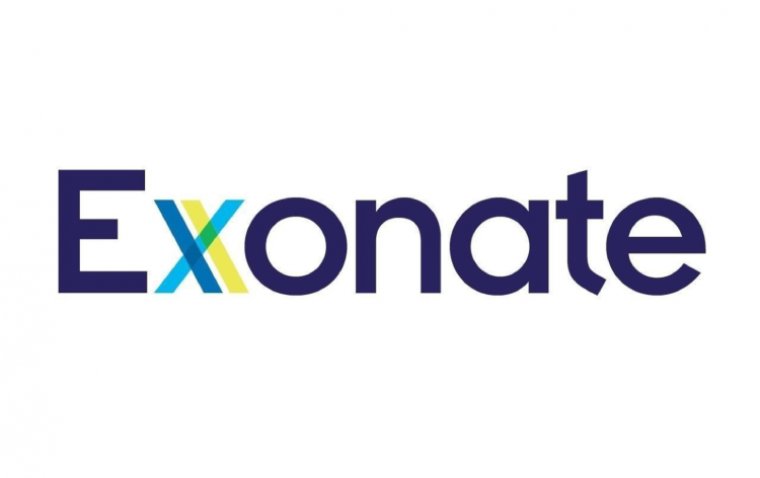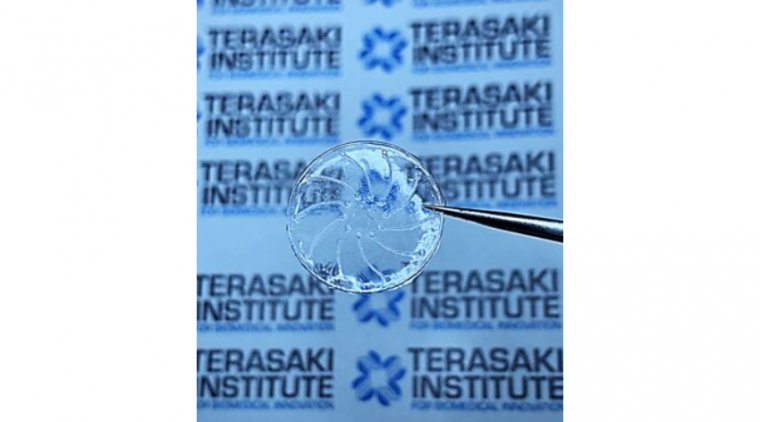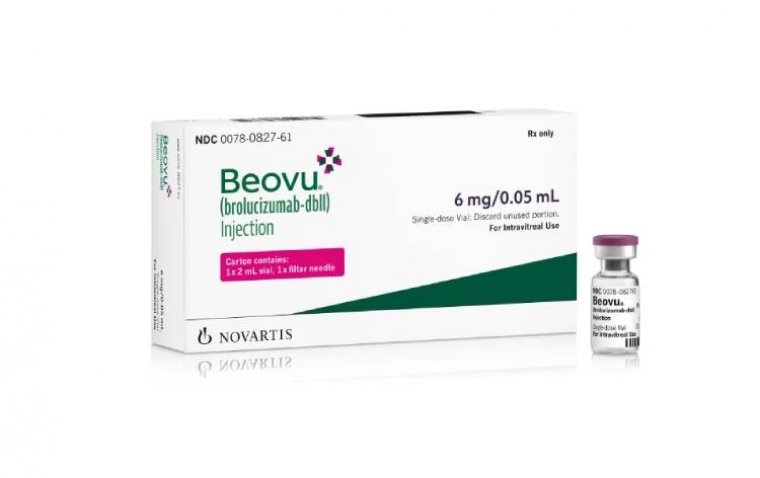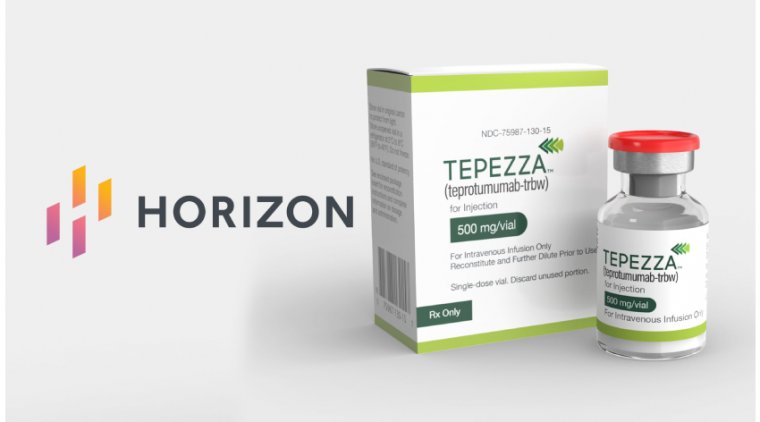
First Topical Treatment for Diabetic Retinal Diseases Shows Promise
Exonate Ltd., a pioneering mRNA therapy company specializing in treatments for diabetic diseases, has announced that its lead ophthalmology asset, EXN407, successfully met prespecified endpoints in a phase Ib/IIa study for diabetic retinopathy and diabetic macular edema.
During the trial, EXN407 demonstrated impressive safety and pharmacokinetic parameters, along with encouraging signals of biological activity. Exonate has regained full rights to its complete portfolio of ophthalmology assets from Janssen Pharmaceuticals, Inc., a subsidiary of Johnson & Johnson, marking a pivotal moment in the company's strategic direction.
EXN407, a small molecule inhibitor of splice factor kinase SRPK1, is now positioned as a leading candidate to become the first topical treatment for retinal vascular diseases, including diabetic retinopathy and diabetic macular edema. Unlike current treatments that involve monthly injections directly into the eye, EXN407 offers a more patient-friendly approach.
The invasive nature of current treatments has led to long-term burdens on patients, making the demand for a topical therapy particularly high. With a substantial and growing market estimated at US$8.3 billion (CAGR 6.4% 2023-2030 for diabetic retinopathy alone), Exonate's breakthrough has the potential to reshape the landscape of diabetic retinal disease management.
In the phase Ib/IIa trial, patients were treated with EXN407 or a placebo twice a day for three months. The study reported no clinically meaningful changes or trends in safety parameters, no tolerability issues, and only mild adverse events. Importantly, there were no adverse events leading to treatment or study discontinuation, underlining the safety profile of EXN407.
The encouraging results include highlighted signals of biological activity, such as macular thickness reduction and a decrease in retinal vascular leakage. With these positive outcomes, Exonate is gearing up to advance EXN407 to a phase II clinical study in 2024. This next phase aims to provide comprehensive evidence of efficacy, particularly in patients with severe diabetic macular oedema.
Dr Catherine Beech, CEO of Exonate, said: “The results from the EXN407 trial are very encouraging, with the data validating the hypothesis that modulating VEGF splicing can lead to clinical benefits. We are excited to progress to the phase II trial next year and welcome enquiries by potential partners for the programme.“
*Stay in the loop and make sure not to miss real-time breaking news about ophthalmology. Join our community by subscribing to OBN newsletter now, and get weekly updates.
(1).jpg)









